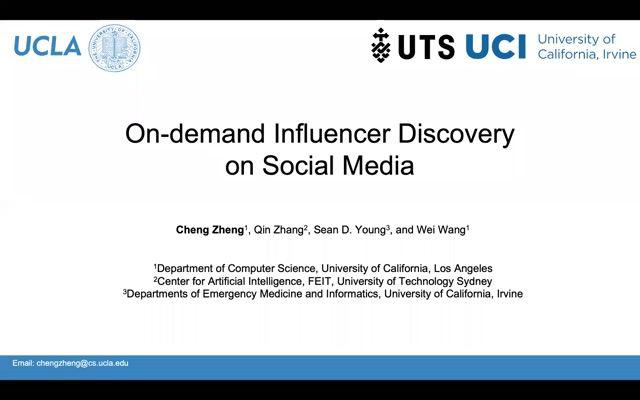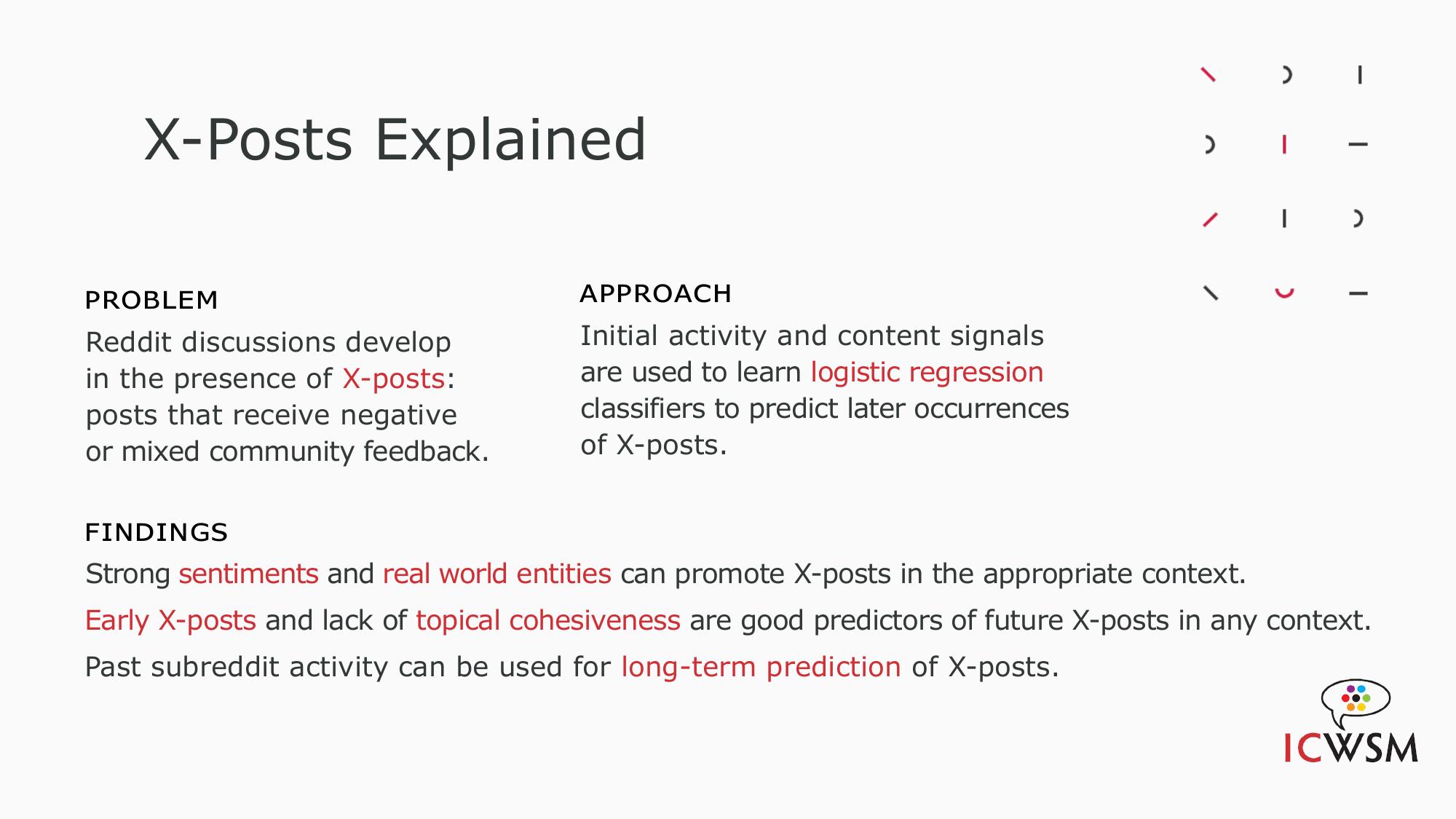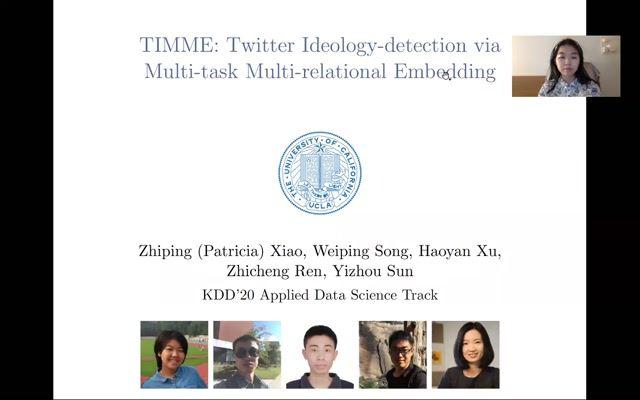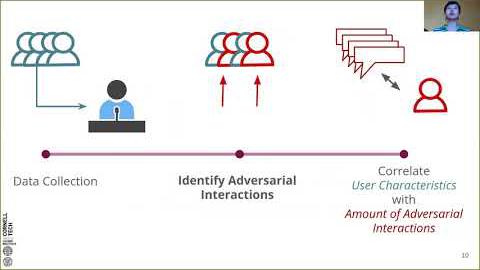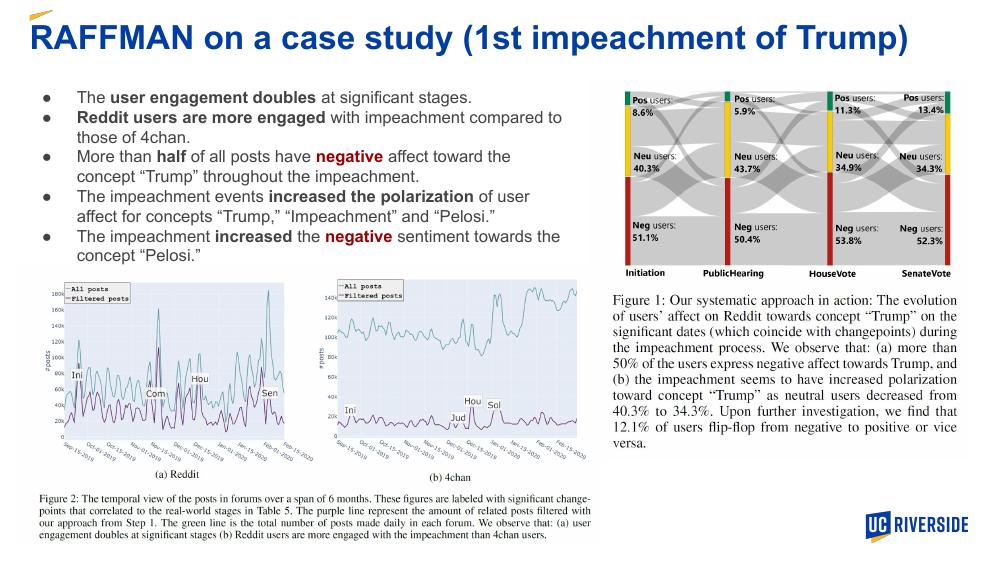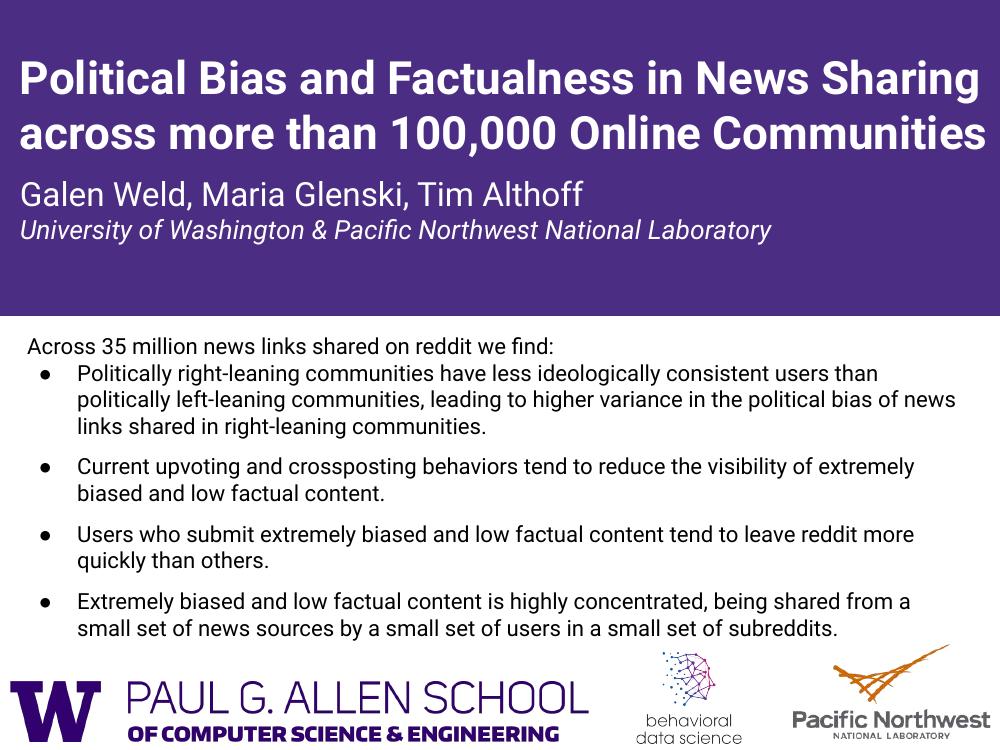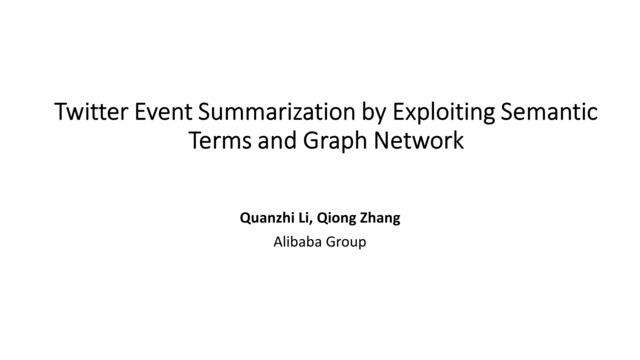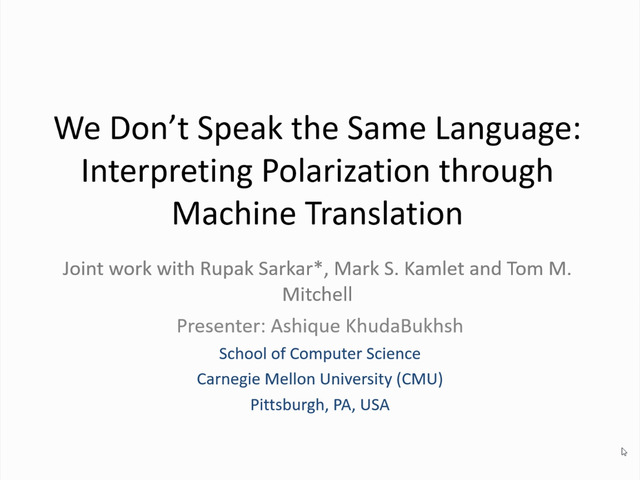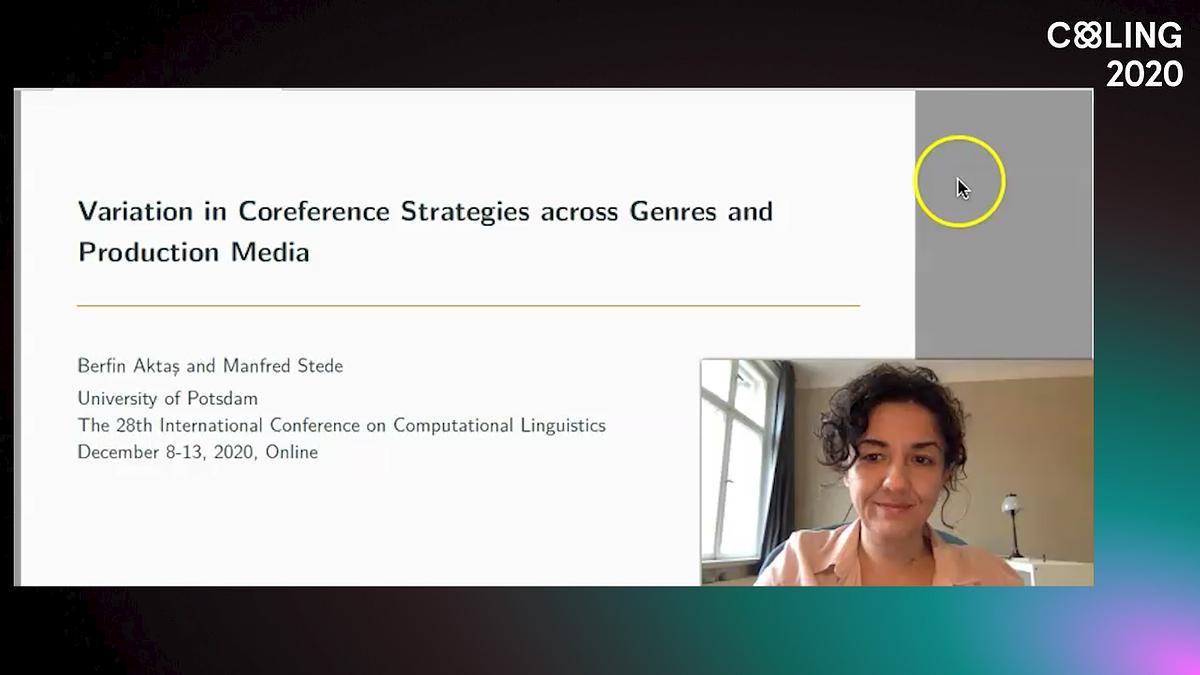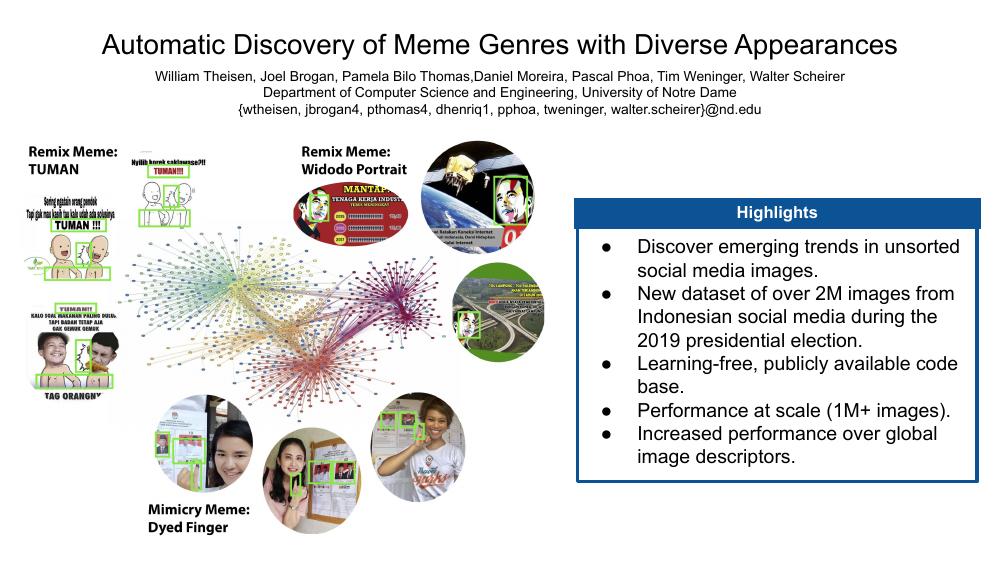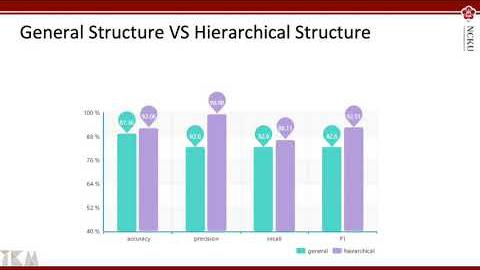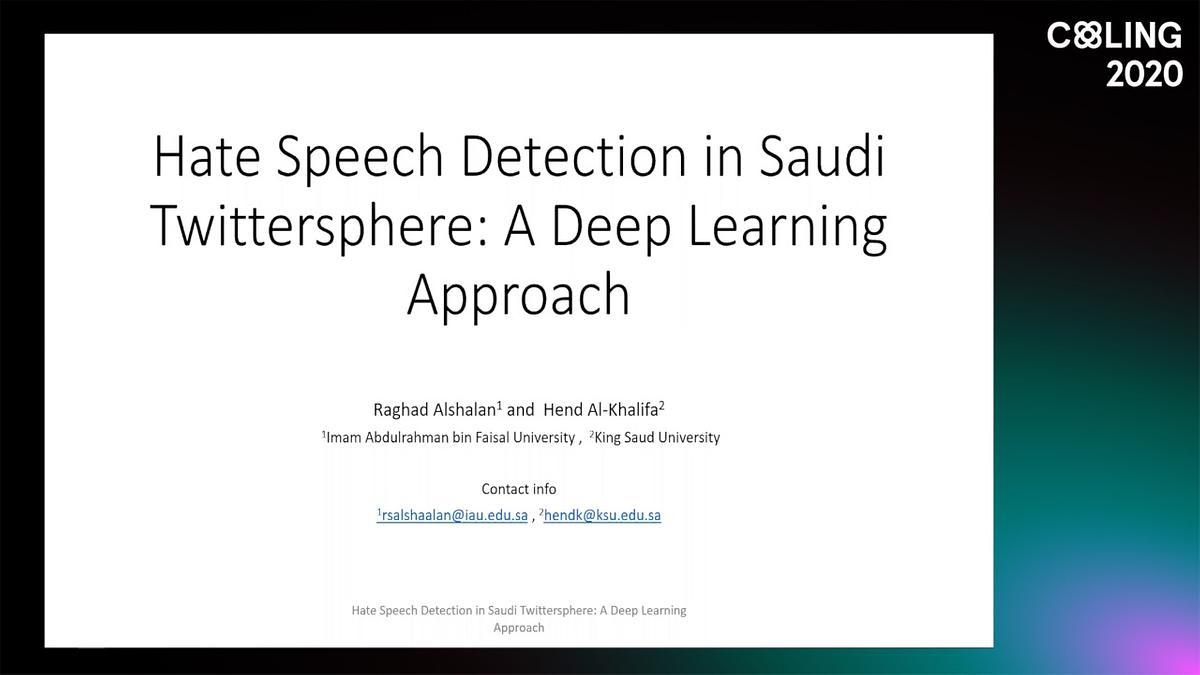Abstract:
This paper examines the role of hyperpartisanship and polarization on Twitter during the 2018 Brazilian Presidential Election. Based on a mixed-methods approach, we collected and analyzed a dataset of over 8 million tweets about Jair Bolsonaro, a far-right candi-date from the Social Liberty Party. Our results show that there is a strong connection between polarization, hyperpartisanship and disinformation. As the centrality of hyperpartisan outlets on Twitter grew, more traditional media outlets became less central and conversations became more polarized. We also confirmed that hyperpartisan outlets often shared disinformation or biased information, presented as a “truth-telling” alterna-tive to journalistic outlets. And while disinformation was more frequently observed in the far-right group, it was also present in the anti-Bolsonaro cluster, especially towards the runoff period.







